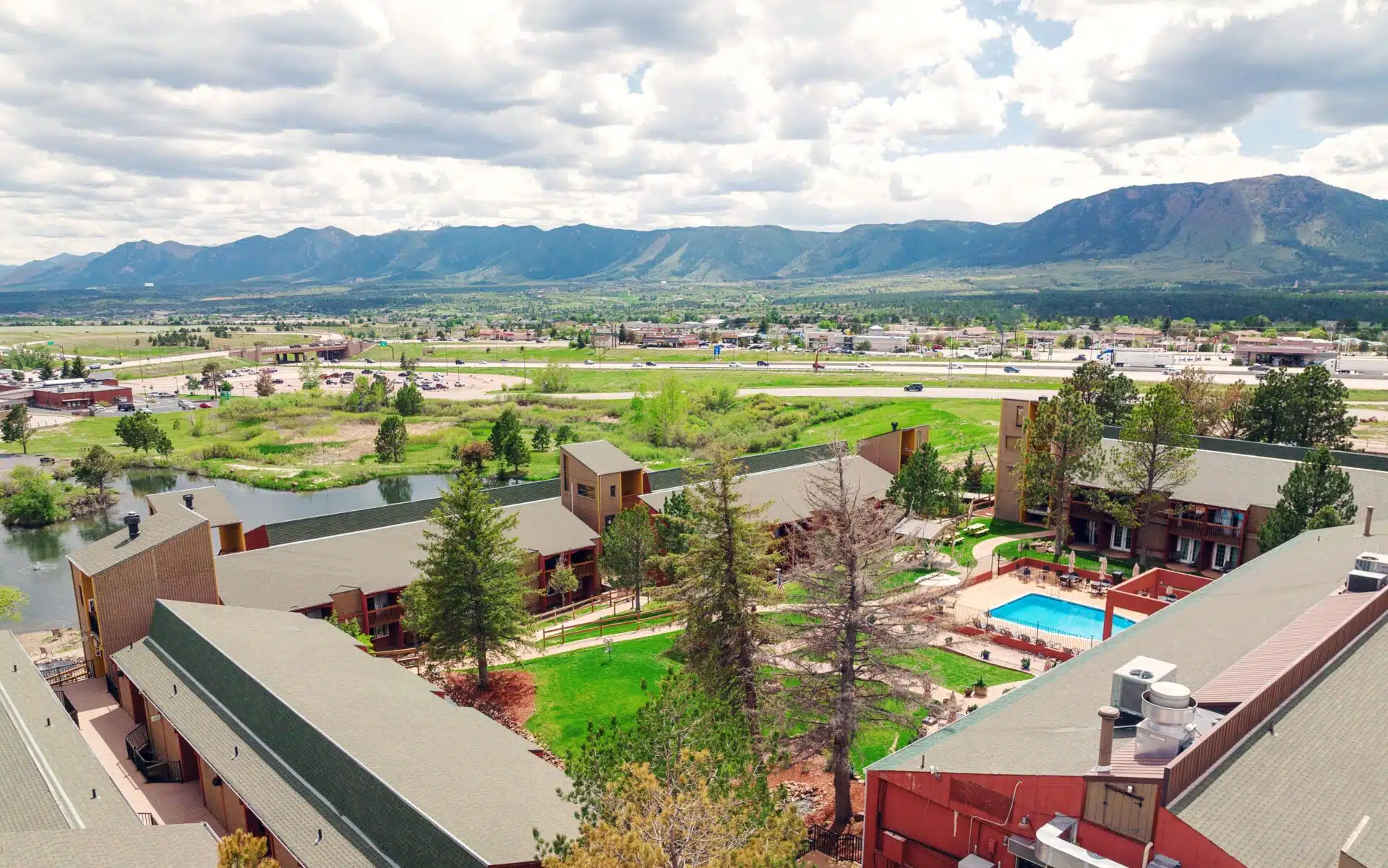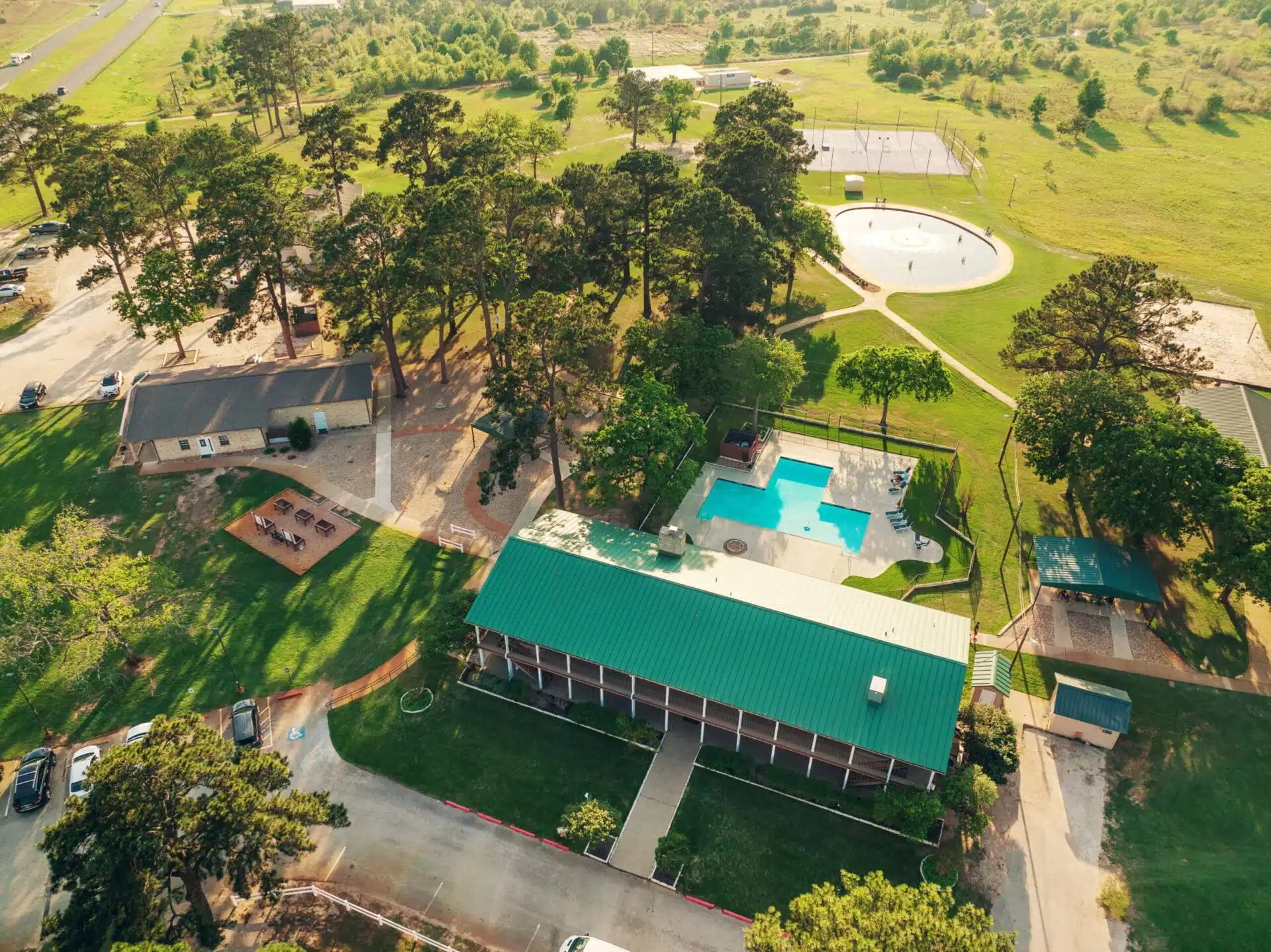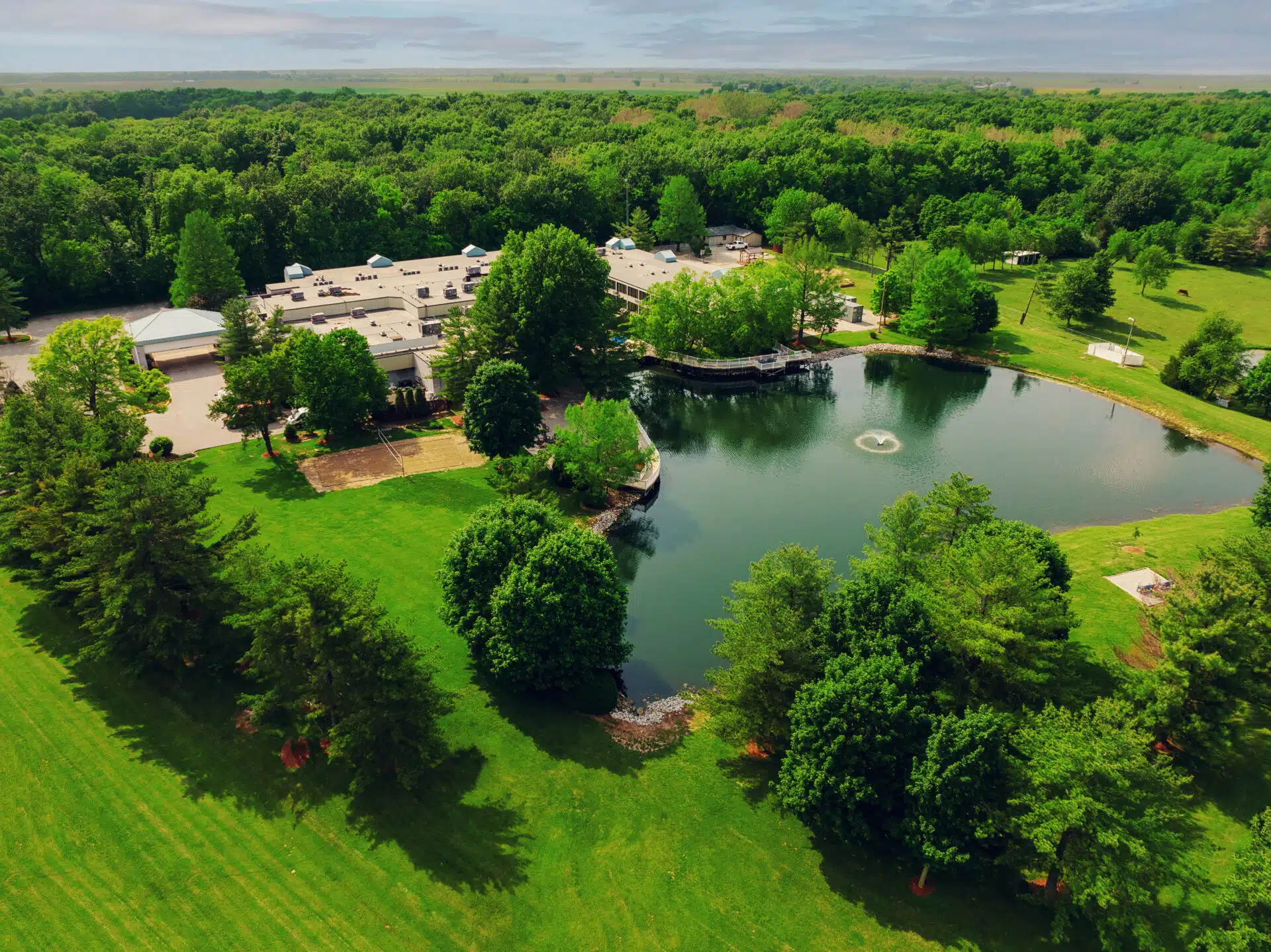
What is Holistic Rehab?
Like many mental health conditions, addiction is a disorder that affects the people it afflicts in a myriad of ways. Because of the complex and varied ways addiction affects people, it can also be a difficult condition to treat. There is no single course of treatment that will be effective for every person struggling with addiction or substance abuse, and to effectively treat the disease it is often necessary to mix and match different treatment modalities to find a course of action that is effective for each individual. In order to be able to provide the best care to the most people possible, many addiction treatment centers offer a wide variety of treatments and work with clients to find which works best for them as individuals. One treatment method that has come into vogue in recent years is known as holistic rehab. Holistic rehab treatment is an offshoot of the broader holistic medicine movement, which is an approach to medical care which posits that it is not enough to treat the discrete condition or problem that a patient is dealing with, but that it is necessary to take a holistic view of a person’s health and care for the patients mental and spiritual well-being as well as physical health. The central conceit of holistic medicine is essentially that health and wellness is not achieved by only treating illnesses and health issues as they come up, but also by developing habits that promote general well-being and balance. Holistic medicine is not an alternative medicine that is meant to replace medical science, but rather be integrated into standard medical treatments and procedures. Put another way, holistic medicine won’t cure a flu or heal a broken bone, but when practiced correctly it can lead to a happier, healthier, and more balanced lifestyle. Emerging in the 20th century as a synthesis from the dialectic between integrative medicine and specialized medicine, holistic medicine has come into wider usage as medicine has adopted a more patient-centric approach to treatment. While specialized medicine allowed for great advancements in our understanding of the anatomy and biology of the human body, it also tended to lead to a more mechanistic approach to treatment, where the patient was reduced to a biological machine whose needs and wants were de-emphasized in favor of what the physician deemed “medically necessary.” This extreme, unchecked pragmatism sometimes led to horrific ethical abuses in the name of medical and scientific advancement, an example of which can be found in the practice of lobotomies to treat mental illness. As patient-focused medicine re-emerged in the latter half of the 20th century, medical science began to study and eventually integrate holistic medicine into its practices. In recent years, many addiction treatment centers have begun to find great success by incorporating a holistic approach to their addiction treatment programs. As many who have struggled with addiction can attest, addiction is deeply intertwined with a person’s physical, mental, and spiritual well-being, which makes a holistic approach to rehab especially valuable. Rehab centers that have integrated holistic rehab into their treatments have found it leads to higher patient satisfaction, increased participation in other areas of treatment, as well as patients feeling more hopeful about recovery post-treatment. Holistic rehab methods can be integrated into treatment programs in a variety of different ways. An especially common application of holistic methods in addiction treatment is through meditation. Many schools of therapy including CBT have added meditation to their toolkits as evidence about its efficacy has grown in Western medicine over the years, especially in regard to common co-occurring disorders such as depression, anxiety, and PTSD. In a study published in the academic journal Psychology of Addictive Behaviors, the findings indicate that the use of meditation in treating addiction has a slight but statistically significant impact on relapse rates following treatment, as well as a decrease in psychiatric symptoms. As the body of evidence has grown over the past few decades, more and more addiction treatment centers have worked meditation into their programs. Another holistic rehab method that has gained popularity in the past few years is yoga. Like meditation, yoga is often utilized as a mindfulness-based practice, and a meta-analysis published by the National Institute of Health (NIH) in 2013 found that as yoga is effective as a complementary component of treatment in addition to more traditional treatment methods, though more research is needed to determine the mechanism through which it works, and under what circumstances yoga can be most effective. Other commonly used holistic methods include art and music therapy, both of which have gained wider usage not just in treating addiction, but other mental health issues as well like depression, anxiety, and PTSD. Both art and music therapy have been used for substance abuse treatment for a long time, since the 1950s and 1970s respectively. As their utilization in treating substance abuse has proliferated, published studies have continually affirmed their effectiveness as a complementary treatment method. A 2014 NIH study found that music and art therapy both were especially effective when paired with a 12-step treatment program. That same study also found that music and art therapy were especially effective for both adolescent and female patient populations, making them especially useful tools for treatment centers that work with teens. Holistic medicine practices are often dismissed as alternative or fake medicine, and there can be some truth to that claim when practitioners push it as a replacement for modern medical practices, but as a complementary component of treatment, there has been undeniably compelling evidence of their efficacy over the years. As the body of evidence of their effectiveness in treating addiction and substance abuse, their inclusion in addiction treatment programs across the country has grown. Many of the best addiction treatment centers in the country including Sunshine Behavioral Health have incorporated holistic rehab methods into their practice, and many patients have found it has helped them overcome their addiction. Sunshine Behavioral Health provides world-class substance abuse treatment through five luxury rehab locations across four states and works directly with clients to find a treatment regimen that is effective for them. To learn more about how Sunshine Behavioral Health can help you or your loved ones, visit us at sunshinebehavioralhealth.com today. Sources: https://journalofethics.ama-assn.org/article/holistic-medicine-and-western-medical-tradition/2008-03 https://www.ncbi.nlm.nih.gov/pmc/articles/PMC3646290/ https://www.ncbi.nlm.nih.gov/pmc/articles/PMC4268880/ https://unsplash.com/photos/iPl3q-gEGzYA Message From Our CEO
Medical disclaimer:
Sunshine Behavioral Health strives to help people who are facing substance abuse, addiction, mental health disorders, or a combination of these conditions. It does this by providing compassionate care and evidence-based content that addresses health, treatment, and recovery.
Licensed medical professionals review material we publish on our site. The material is not a substitute for qualified medical diagnoses, treatment, or advice. It should not be used to replace the suggestions of your personal physician or other health care professionals.





